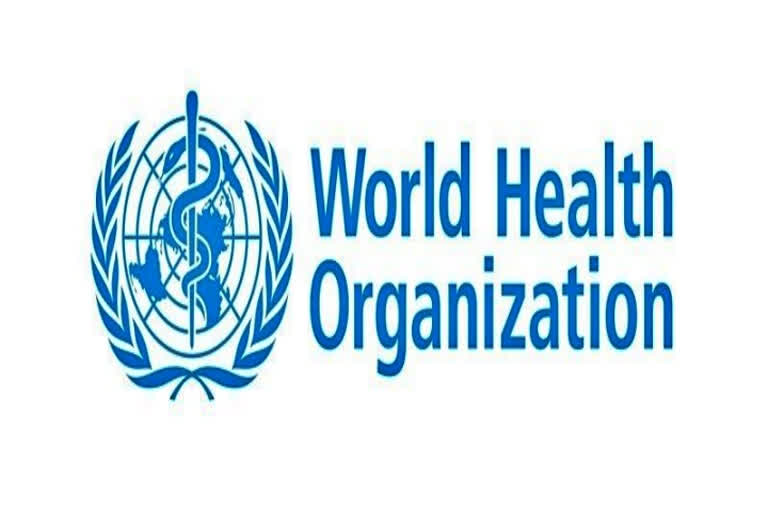New Delhi: On World Patient Safety Day, WHO on Saturday highlighted the need to prevent avoidable harm in healthcare systems with a focus on ending unsafe medication practices and errors. In addition to causing significant disability and death, unsafe medication practices and errors cost an estimated USD 42 million around the world annually.
In low- and middle-income countries including in the WHO South-East Asia Region patient harm due to unsafe care contributes to an estimated 134 million adverse events annually resulting in around 2.6 million deaths, WHO Regional Director for South-East Asia Dr Poonam Khetrapal Singh said. Unsafe medication practices and errors can occur at different stages. It can result from weak medication systems or human factors such as fatigue, poor environmental conditions or staff shortages, she said in a statement.
Since 2015, the WHO South-East Asia Region has made targeted efforts to reduce unsafe medication practices and errors with a focus on addressing counterfeit and substandard products and enhancing patient safety and reporting systems. Specific region-wide attention is paid to reducing medication-related harm in elderly patient care, intensive care, highly specialised or surgical care, and emergency medicine, Singh said in the statement.
WHO continues to support countries of the region to adopt a system-wide approach in promoting safe medication practices with a focus on several priorities. This is done by supporting policymakers to establish patient safety incident reporting and learning systems. Second, by empowering healthcare leaders to develop standard operating procedures for safe medication use while increasing health worker training and adherence, she said.
Health workers are supported to stay up to date on safe medication practices. Also, both health professionals and patients are encouraged to be aware of and act on WHO's 'Know, Check, Ask' protocol which aims at increasing public awareness about the importance of using medication safely. (PTI)



